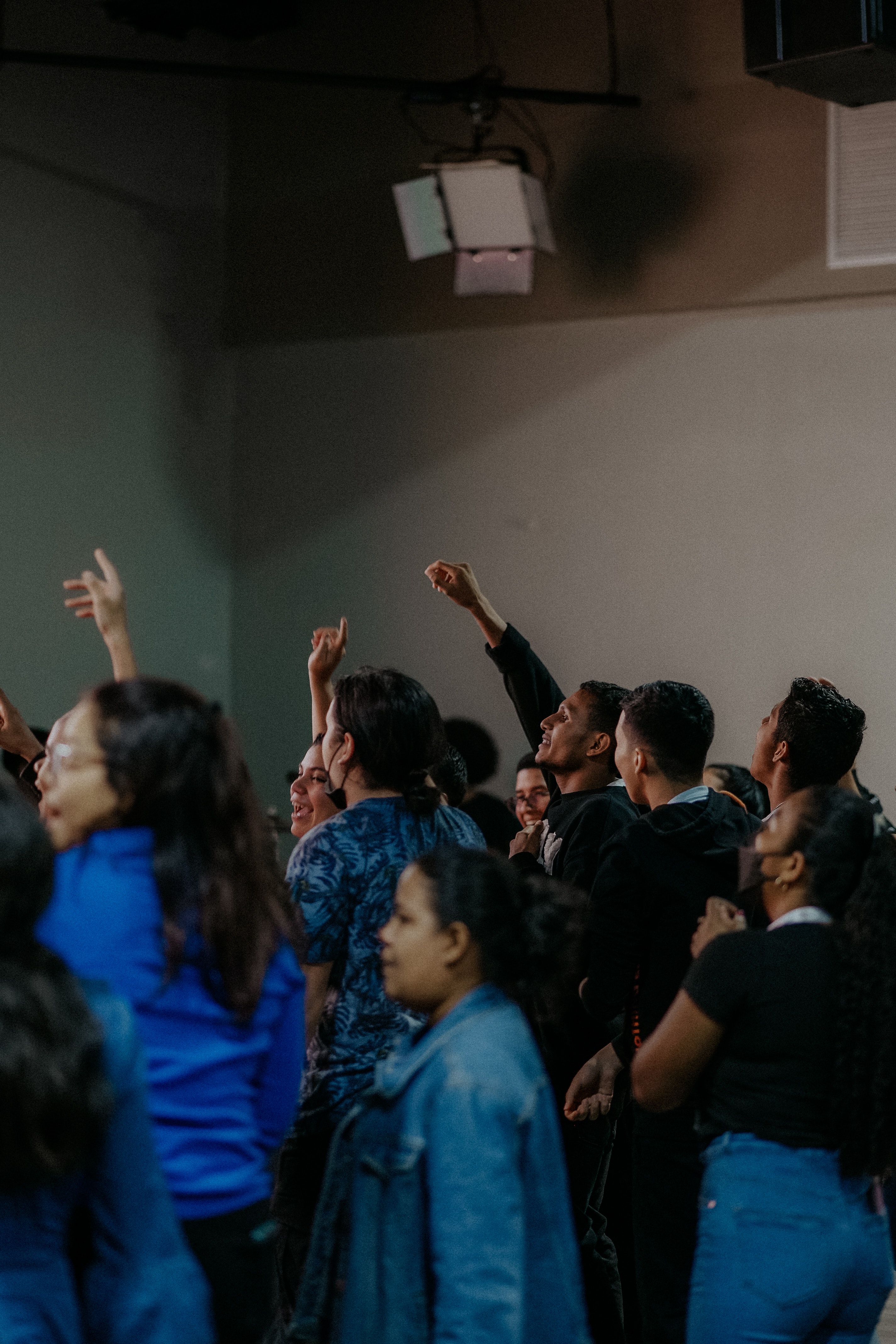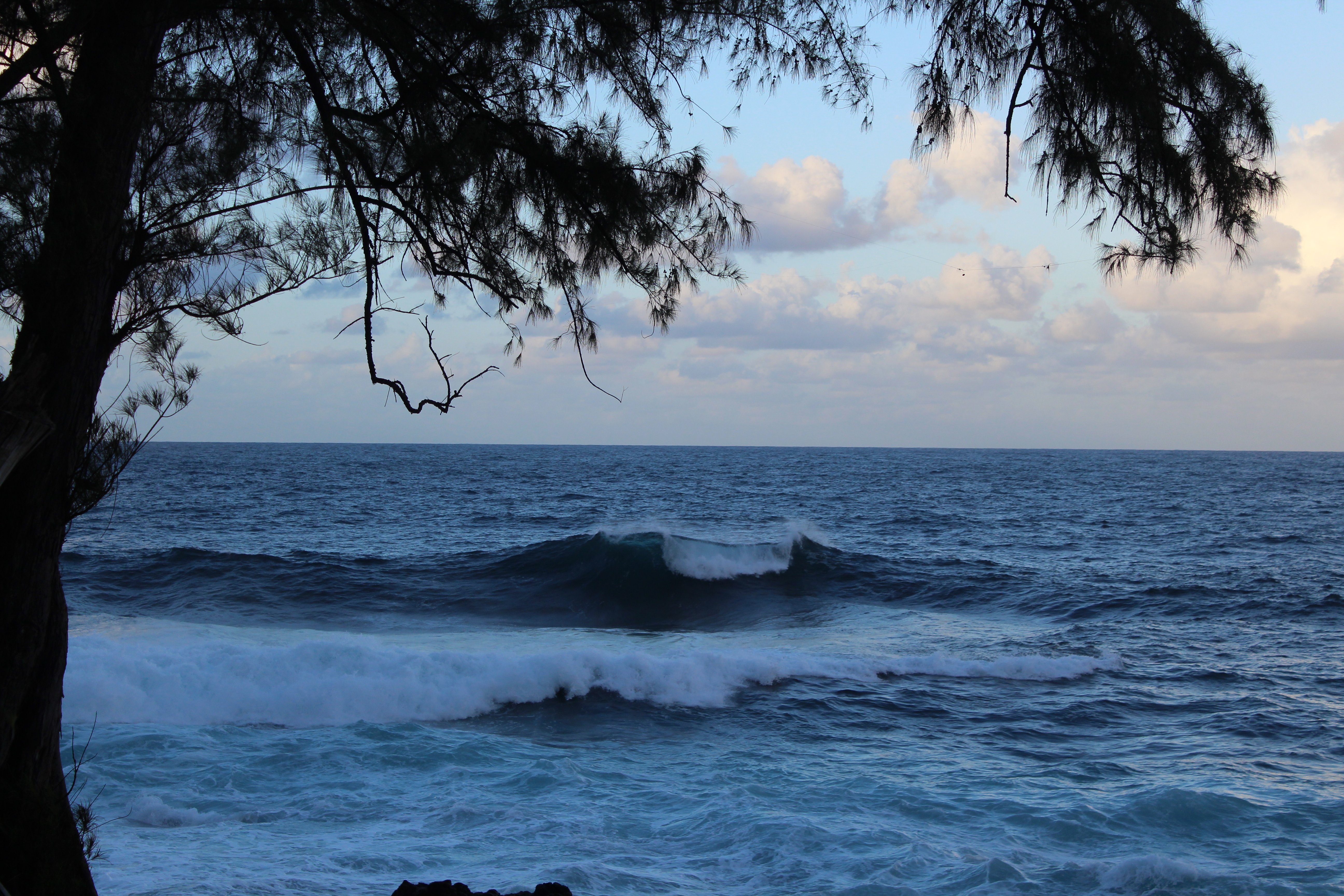![]()
On Thursday, Sept. 14, John Brown University’s (JBU) Center for Faith and Flourishing hosted the 7th annual Reimagining Faith and the Public Life event. Mark David Hall, at Regent University, and Robert Tracy McKenzie, professor of history at Wheaton College were invited to speak at this year’s event. They participated in a discussion — mediated by Daniel Bennett, associate professor of political science at JBU — offering opposing viewpoints on the impact of Christianity on the American founding.
According to Bennett, the series features “big names at the intersection of Christianity, politics, and American culture,” for a discussion about “faith, the American founding, and Christianity and public life today.”
Nearly one hundred students, faculty, and community members attended the event in Simmons Great Hall B, where they were served refreshments. They were given the opportunity to enter a raffle drawing for books written by Hall and McKenzie.
During the event, both speakers shared their stance on the extent of Christianity’s impact on the American founding, were given the opportunity to respond to each other, and answered questions posed by the audience.
McKenzie, who argued that America did not have a Christian founding, explained that though most of America’s founders claimed they were orthodox Christians, this is outside of what can be proven by other humans. He discussed the concept of “imago dei” (Hebrew for “image of God”), a foundational aspect of Jewish and Christian understandings of human nature.
“I would not argue that the framers were guided by imago dei, but founded [the constitution] in a way that complemented it,” McKenzie said.
Hall explained that America’s founders identified themselves as Christians, though there are few records to prove this, saying that he believed America had a Christian founding.
“America’s founders were convinced that humans were sinful, [they] got this idea from [their] religious convictions. [The] founders believed that morality existed.” “Yes, America had a Christian founding,” Hall said.
After Hall and McKenzie addressed their stances on the impact of Christianity on the American founding, they answered the audience’s questions about the more current applications of America’s founding.
McKenzie explained that often political convictions are formed akin to how allegiances to sports teams are formed. “If you are at JBU, part of your vocation is to refuse people of the extremes. The stark dichotomies,” McKenzie said.
“Too many evangelicals think religious liberty is for evangelicals…religious liberty is for all citizens. As Christians we should be first in line to protect the religious liberties of Jews, Muslims, etc.,” Hall said.





